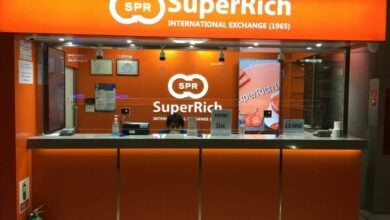UBE pivots towards functional food sector for increased revenue

Following its listing on the Stock Exchange of Thailand two years ago, Ubon Bio Ethanol Plc (UBE) is actively pursuing a shift in its corporate branding. The company, originally known for its ethanol business, is now focusing on the development of value-added products, primarily in the functional food sector. This new direction is expected to increase revenue and offer innovative health solutions to consumers.
UBE has utilised the 3.28 billion baht raised from its 2021 initial public offering to facilitate its move towards high-tech, environmentally-friendly business practices.
In its quest to create innovative food products, UBE has partnered with experts from Chulalongkorn University. These experts, from a biotechnology R&D start-up named Biom Co, are studying enzymes that could be used to develop functional ingredients for food, medical, and everyday products.
UBE’s managing director, Sureeyot Khowsurat, disclosed that the company aims to use these enzymes to produce value-added flour products. She explained that this innovative technology could make certain food products easier to digest while maintaining their health benefits, thus meeting consumer demands more effectively.
UBE’s transition towards the food business has been encouraged by the promising sales of its products, particularly in foreign markets. The company’s cassava starch was well-received in China, while its organic and non-gluten flour products gained popularity in the US.
To meet this rising demand, UBE has invested 360 million baht into improving the efficiency of its flour production. The company also plans to expand its flour production capacity from 100 to 300 tonnes per day.
UBE’s shift towards the food business does not mean the company is abandoning its roots. Despite the new focus, UBE still plans to continue its ethanol operations and is advocating for the government to promote more uses of ethanol.
Additionally, UBE is committed to making its operations more environmentally friendly. The company uses solid waste and waste water from cassava processing to produce biogas for power generation and bio-fertiliser for local agriculture. UBE also intends to increase its renewable energy capacity by expanding its floating solar farm.
In summary, UBE is leveraging its resources to transition from an ethanol business to a functional food manufacturer, all while maintaining its commitment to environmental sustainability. This strategic shift is expected to generate higher revenue, offer innovative health solutions to consumers, and contribute to the company’s long-term growth, reported Bangkok Post.








